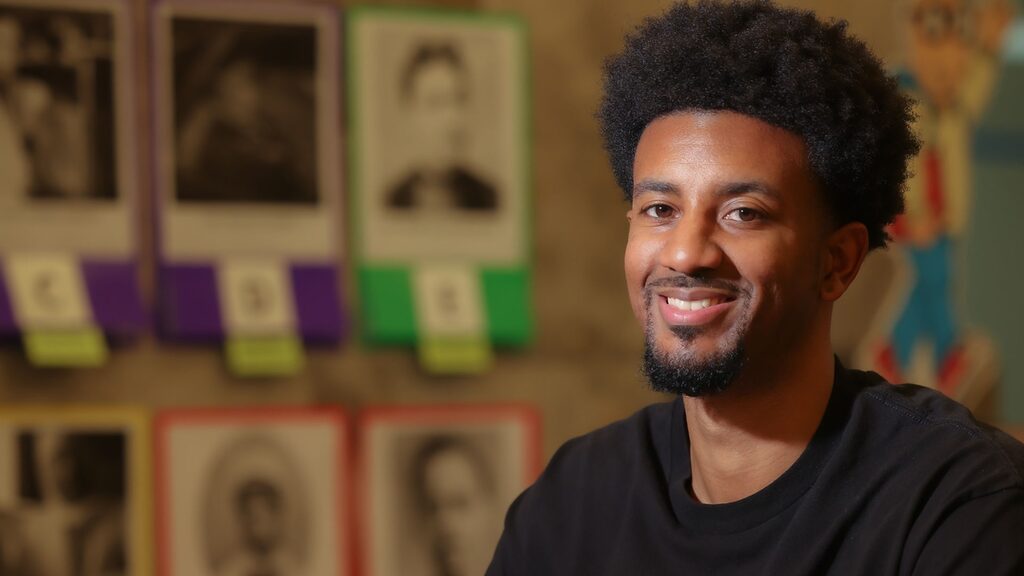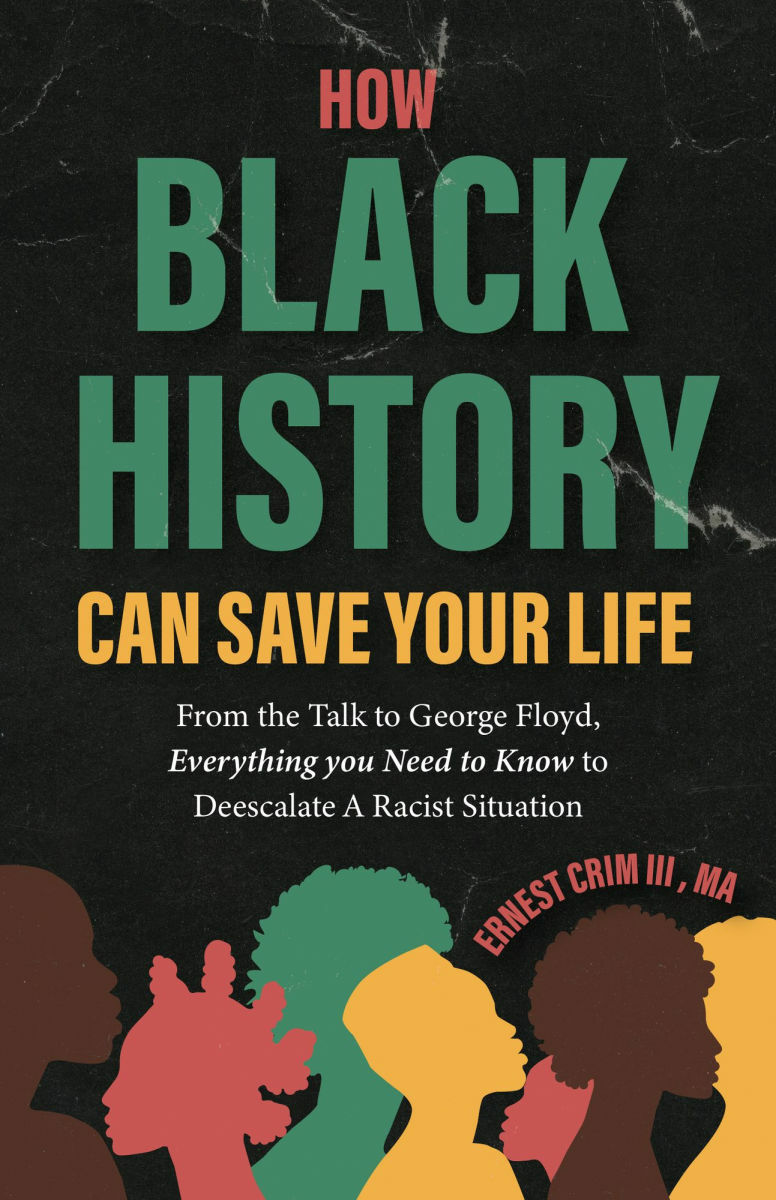
As an Emmy-nominated producer and award-winning educator, I bridge cultural gaps and promote social justice by facilitating workshops and creating content that centers overlooked historical narratives.
I help bridge cultural gaps with antiracist and Black historical narratives that empower communities to create equitable systems
Ernest Crim III is an Emmy-nominated producer, public teacher, antiracist educator and hate crime victor, who uses (Black) historical narratives to empower and educate through a culturally equitable lens. Mr. Crim, a south side of Chicago native and University of Illinois Urbana-Champaign graduate, is a former high school history educator of 12 years, who now also advocates for social justice issues and teaches Black History to the world through social media with a platform that reaches roughly 4 million people each month (as of 2024).

How Black History Can Save Your Life by Ernest Crim III, a hate crime survivor and Anti-Racist Educator, is an essential guide for anyone seeking to combat interpersonal racism, understand the roots of discrimination, and gain actionable strategies through Black historical narratives. This black history book for adults book empowers individuals, parents, and educators with tools to challenge racism and foster equity in their communities.
Using Black history to fight racism. This book builds on Crim's personal experiences, including a viral 2016 hate crime incident that profoundly shaped his career. During a night out, Crim was targeted with racial slurs, but instead of letting it defeat him, he used the situation to highlight the pervasive nature of racism in America. He captured the moment on video, sparking a national conversation about the importance of confronting and addressing discrimination.
Reclaiming the stories of Black history. Crim delves deep into the stories of Black excellence, resistance, and perseverance. He equips families, parents, and educators with the tools they need to combat racism in everyday life and within schools. Through his lens as a parent and former teacher, Crim demonstrates how the untold stories of Black history hold the keys to understanding the roots of racism and how it can be untaught. Drawing on his two bestsellers—Black History Saved My Life and The ABCs of Affirming Black Children—Crim teaches readers how to deconstruct racist systems and foster equitable practices in their communities.













